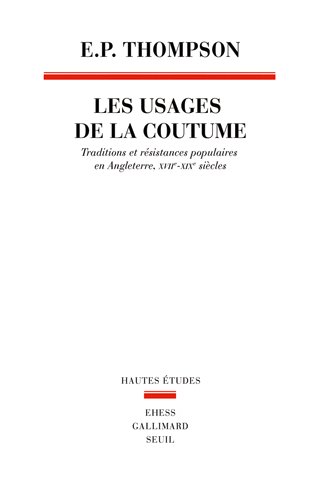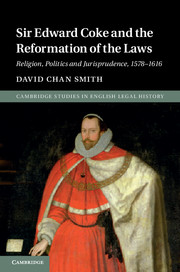The University of Toulouse organizes a conference on "Imperial Insularities" on
25 March 2016. Proposals can be made until
15 December 2015.
Abstract:
Nous proposons d’interroger l’articulation problématique entre donne
insulaire et situation impériale. Il s’agit en l’occurrence d’enquêter
sur la manière dont les empires gouvernent, administrent et (se)
représentent leurs territoires insulaires, dans une perspective visant à
mettre en échec la simple caractérisation de ces derniers comme des
espaces naturellement périphériques ou négligeables – des « marges » ou
des « poussières d’empires » par définition. On s’attachera donc en
particulier à cerner la manière dont la problématique insulaire percole
les différentes dynamiques de reconfiguration territoriale comme les
logiques d’affirmation identitaire des empires modernes, envisagées ici
dans une perspective comparatiste large entre espaces méditerranéen et
atlantique.
Platform text:
Les espaces insulaires ont suscité ces
dernières années l’intérêt toujours croissant de la communauté
historienne[1]. Les rapports entre îles et terre ferme, entre donne
insulaire et logique d’archipel, ou encore entre insularité et
« iléité » ont été interrogés au moyen de questionnaires largement
renouvellés, empruntant autant à l’histoire qu’à la géographie, la
sociologie, l’anthropologie et la littérature. Loin d’épuiser le thème,
les différentes manifestations scientiques consacrées à ce thème ont
permis d’en montrer à la fois la polysémie et la richesse heuristique.
C’est dans le
prolongement de ces réflexions pionnières que nous proposons
d’interroger l’articulation problématique entre donne insulaire et
situation impériale. Il s’agit en l’occurrence d’enquêter sur la manière
dont les empires gouvernent, administrent et (se) représentent leurs
territoires insulaires, dans une perspective visant à mettre en échec la
simple caractérisation de ces derniers comme des espaces naturellement périphériques ou négligeables – des « marges » ou des « poussières d’empires » par définition.
On s’attachera donc en particulier à cerner la manière dont la
problématique insulaire percole les différentes dynamiques de
reconfiguration territoriale comme les logiques d’affirmation
identitaire des empires modernes, envisagées ici dans une perspective
comparatiste large entre espaces méditerranéen et atlantique.
La journée d’étude
propose de réunir plusieurs études de cas afin de mieux comprendre cette
intersection entre îles et empires au cours d’une longue modernité.
Elle vise également à améliorer nos connaissances sur l’intégration des
îles aux différents empires (au travers et au-delà des cas bien connus
de la France, de l’Espagne ou de l’Angleterre), et à saisir, s’il y a
lieu, les différences et évolutions selon les lieux et les périodes. Les
interventions pourront porter sur une île ou un archipel en
particulier, sur un empire dans son ensemble, ou encore sur un type
d’administration ou d’administrateur ayant pour vocation d’assurer la
gouvernance des territoires insulaires, ou tout autre tâche relative à
leur bonne administration. Ils pourrons également s’intéresser aux
enjeux stratégiques, économiques ou migratoires de ces espaces, ainsi
qu’aux logiques de transgression des frontières politiques, juridiques
et sociales auxquelles ceux-ci sont fréquemment associés.
[1] Voir par exemple Anne Brogini et Maria Ghazali (dir.), Des marges aux frontières. Les puissances et les îles en Méditerranée à l’époque moderne, Paris, Classiques Garnier, 2010 ; Marguerite Figeac-Monthus et Christophe Lastécouères (dir.), Territoires de l’illicite : ports et îles de la fraude au contrôle (XVIe-XXe siècles), Paris, Armand Colin, 2012 ; Nicolas Vatin et Gilles Veinstein (dir.), Insularités ottomanes, Paris, Maisonneuve & Larose, 2004 ; Jean-Frédéric Schaub, L’île aux mariés. Les Açores entre deux empires (1583-1642), Madrid, Casa de Velázquez, 2014.
Practical details:
avant le 15 décembre 2015
La journée se tiendra le 25 mars 2016 à l’Université de Toulouse Jean-Jaurès.
Les langues du colloque seront le français, l’anglais, l’espagnol et l’italien.
L’hébergement et
le couvert seront pris en charge par les organisateurs, le transport
sera, en revanche, à la charge du communicant.
Source:
Calenda.org.
















